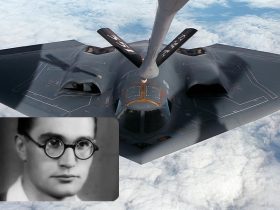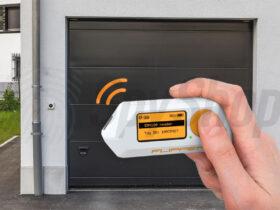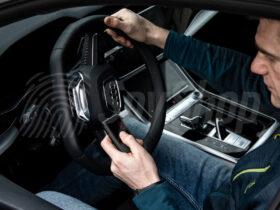Great numbers of people, both passengers and employees, come to airports all around the world. Ensuring their safety is one of the airports‘ top priorities. Let us see how it is done.
Airports gather massive groups of people. In the era of worldwide terrorism, airports need to be exceptionally well protected. After the 9/11, passenger inspection became more meticulous than ever, with huge number of inspection devices being installed in the airports.
Control and prevention
There is no uniform set of security regulations applicable to every airport worldwide. Even though walk-through metal detectors are commonly utilised, not every place holds their own police force operating exclusively in the airport – such as Ireland‘s Airport Police Service (APS).
What units protect the airports?
- Local police forces stationed in the airport
- Police officers from local stations, patrolling the airport premises
- Sniffer dogs trained to detect explosives, illegal drugs, etc.
- Security agencies
- Airport staff

Security systems
Weapons of any sort, as well as items that might be used to hijack a plane, are strictly prohibited aboard. All passengers are scanned with metal detectors, and their luggage is X-rayed. Every airline has its own regulations determining what is and what is not allowed aboard. After passing the control, the passengers find themselves in so called secure zone. Even though they are not going to be screened again, the staff is authorised to search them at any moment.
Some areas of the airport, such as ramps and operational rooms, are to be entered only by authorised personnel. Should a passenger attempt to enter such an area, alarm will be triggered automatically.
Different countries, different regulations
As it was mentioned above, there is no uniform set of regulations applicable to each and every airport. An exception to that statement is the European Union, which has devised regulations binding to all of its member states. What about other countries?
Finland
Screening of passengers and luggage, or duty collection, is commissioned to varying different contractors. For instance, at the Helsinki airport, these tasks are being attended to by Security Service Oy. Finnish police is in charge of public security. Moreover, Finnish border guards are a frequent sight in the airport.
France
After the terrorist strikes of 1986, the security of French airports has increased considerably. France put the Vigipirate program in motion, which obliges military units to assist in airports‘ operation. Since 1996, the administration of airport security points was passed from the police to private contractors.
Spain
Security is maintained by both the police and private contractors. The former are, among others, in charge of passport inspection. Local police officers are also suppose to handle the traffic and ensure safety outside of the port‘s buildings.
United Kingdom
Department of Transport governs the security of the airports in the UK. In 2004 the ‘Multi Agency Threat and Risk Assessment‘ initiative was started and tested at 5 largest airports. After successful trials, the system was introduced to all of the airports in the country.
Hong Kong
This international airport, one of the largest in the world, is protected by the police and the Aviation Security Company. Airport security agents, armed with Glock 17 pistols and Heckler & Koch MP5 submachine guns, are situated around the airport. Inside the terminal, every passenger, along with their luggage, are submitted to X-ray scanning.
USA
After the 9/11, the number of objects allowed to carry aboard was restricted. Also, the kind of these objects matters. Since 2002 all passengers are to be inspected by federal employees. It means that the screening is conducted by Transportation Security Administration. Some airports in the USA belong to the X category – the busiest and most crowded ones. Such airports are often considered the most probable target for terrorist strikes. The security of these airports is frequently provided by private contractors.
The events of 9/11 forced the introduction of stricter regulations, more efficient security systems, and more thorough passenger screening. Despite the increase in number of terrorist attacks in recent years, flying remains the safest method of transportation. Do you agree?











Leave a Reply